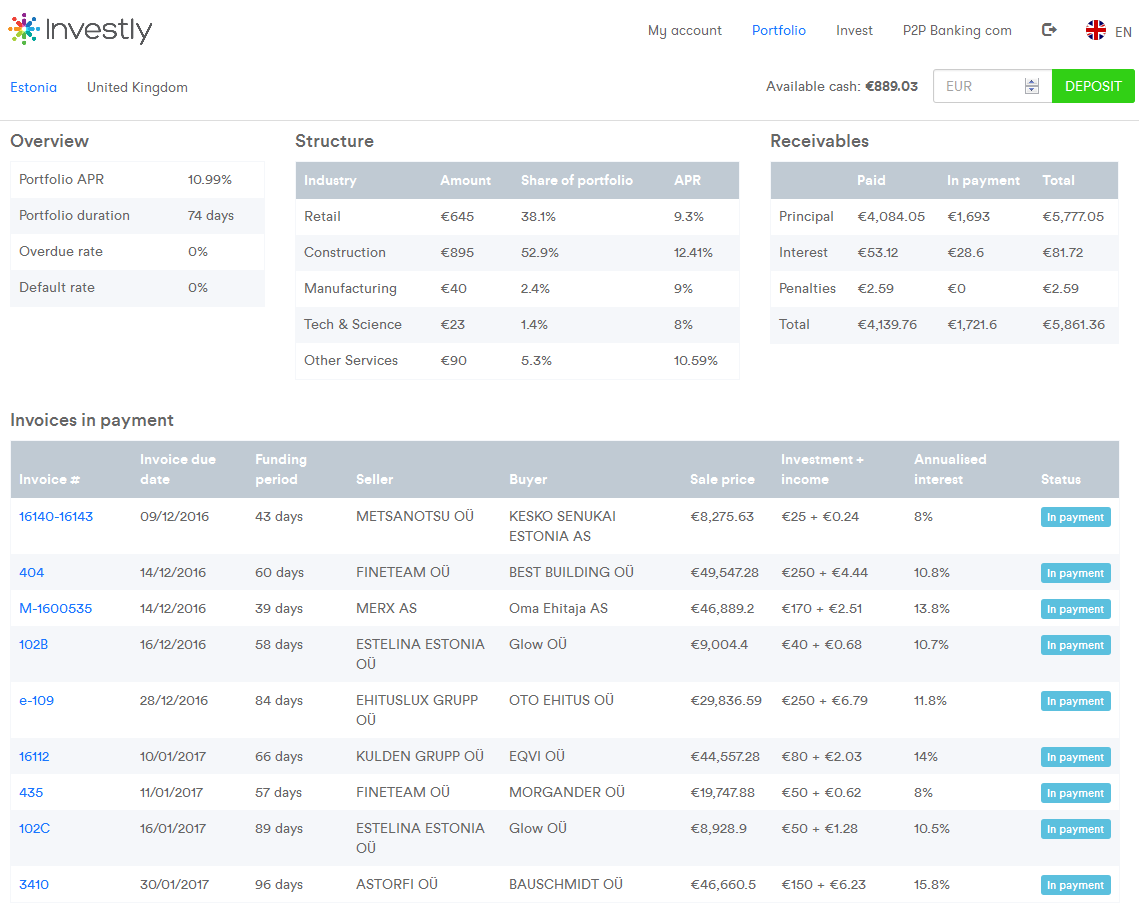 Today Zopa launched a new design for the website and introduced a new logo, which I find very simplistic.
Today Zopa launched a new design for the website and introduced a new logo, which I find very simplistic.
Zopa says:
This fresh new identity will give us a springboard for our ambitious plans to bring our products to even more UK consumers, and create radically personalised services that will help people fully realise their financial potential.
While a lot has changed – a bold new logo, icons, and tone of voice – our products still work in exactly the same way.
A year in the making
We started on this journey 12 months ago. In partnership with, KBS Albion, we took stock of who we were and where we wanted to be. We wanted to capture and build on our customer-focussed culture: ensuring that our borrowers’ and investors’ interests remain at the heart of what we do.
Our Values
Since we were founded in 2005, we’ve cultivated a dynamic, customer-obsessed culture. As part of our partnership with Albion, we defined our seven core values that guide and influence our behaviour and decisions:
- We are customer-obsessed.
- We are positive.
- We are results-focussed.
- We do the right thing.
- We are bold.
- We work as a team.
- We strive to be the best.
Our new look and tone of voice have grown out of, and continue to reflect, these values; underscoring our commitment to being open and honest in how we look and sound.
Very first opinions voiced by investors on the new design are mixed.
Earlier this month, Zopa was the first pp lender that said it will (temporary) stop to accept new lender money. With this unprecedented move Zopa reacted to lender demand that is much higher than matching borrower loan requests. Zopa described the reasons in its investor communication:


 P2P lending marketplace
P2P lending marketplace 